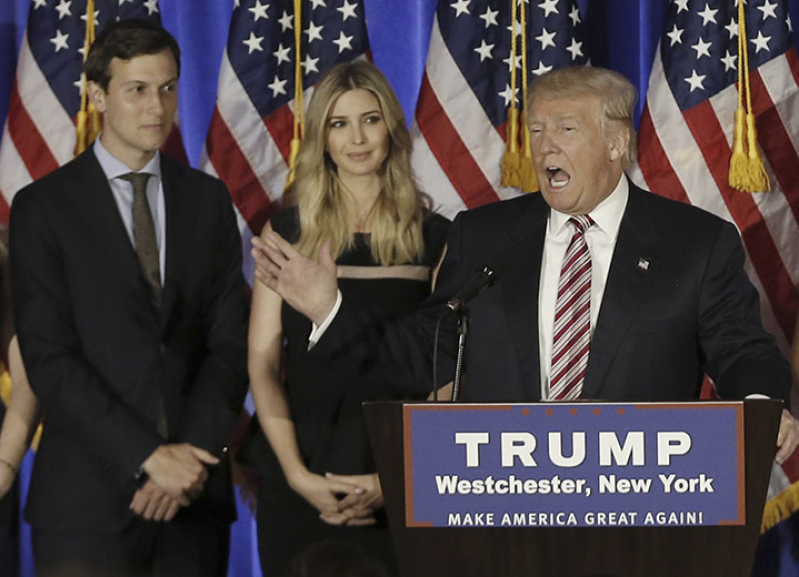
In September, president-elect Donald Trump introduced his proposed child care policy while in a campaign rally in Pennsylvania. How will it work and who will mostly benefit from it?
Trump's child care policy highlights a few aspects. First, new mothers will be given six weeks of paid maternity leave. This would cost up to $2.5 billion annually, which the government hopes to get from the estimated $3.4 billion it would save by eliminating unemployment insurance program fraud.
"We need working mothers to be fairly compensated for their work, and to have access to affordable, quality child care for their kids," Trump said in a speech during his Aston, Pa. campaign.
While this is a good setup for mothers, critics say mothers are not the only ones who take care of their children these days. In some cases, fathers also need to take time off to take care of their newborn child, a scenario that Trump's policy does not cover.
Second, Trump's child care policy proposes to rewrite the tax code such that working parents can deduct the average child care expenses for up to four children from their income taxes. This would also apply for elderly dependents.
Single parents earning less than $250,000 or married couples earning less than $500,000 are eligible for the tax break. The plan also extends to stay-at-home moms with a working husband.
"Families with stay-at-home parents will be able to fully deduct the average cost of child care from their taxes," Trump said.
Third, low-income families will be given an Expanded Earned Income Tax Credit in the form of a childcare rebate. In addition, they will be provided $500 contribution for their savings accounts.
"For low-income individuals who have no net income tax liability, we will offer an expanded earned income tax credit -- that's EITC -- in the form of a child care rebate," Trump said. "Working parents can get an expanded EITC benefit that equals up to half of their total payroll tax, a major relief for low-income parents."
Critics of the child care policy said it would only benefit high-income moms like Ivanka Trump, the president-elect's daughter, who was part of the team that wrote the policy.
"The child care tax policy as Trump announced it in his economic speech in Detroit yesterday would save upper-income working mothers like Ivanka Trump at least $10,000 per year while not saving the average working mother a penny," an analysis from CNN said.
On the other hand, others say these provisions, particularly the child care rebate, could be especially helpful for low-income families.
"Child care and caregiving expenses are a significant target in Trump's tax plan. Families making $62,400 or less could get a boost from the child care rebate," says an analysis from CBS News.







